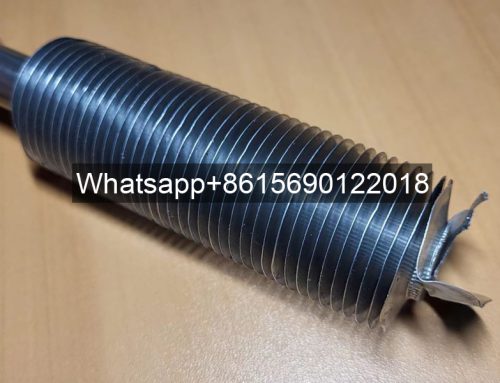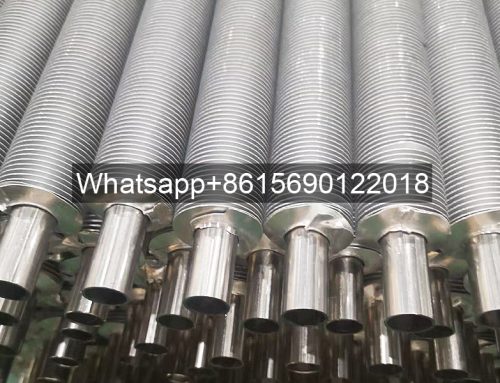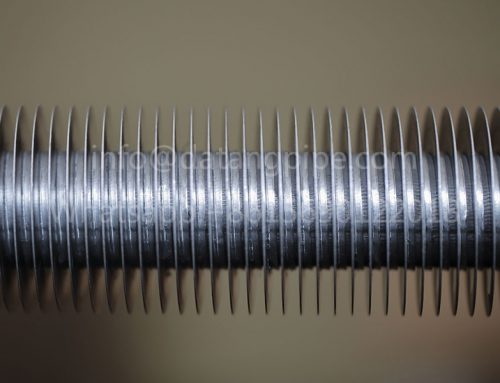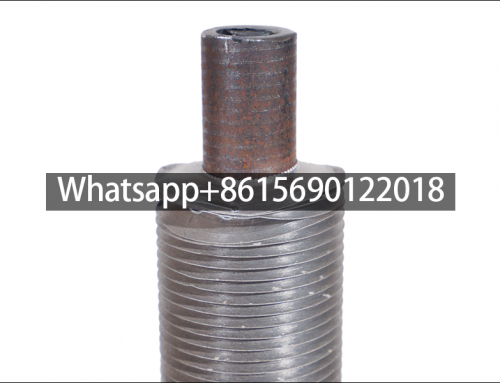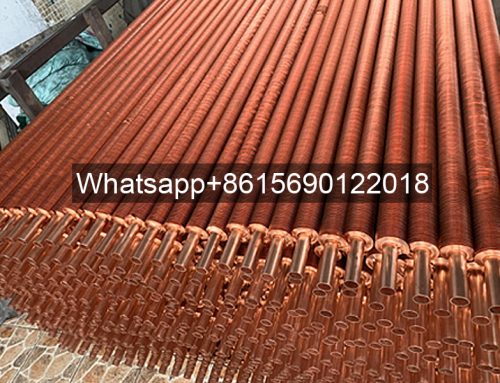Project Description

- Product Name: ODM / OEM 18 Years Factory Finned Tube Types-L LL KL Fin Tubes
- Leave Your Message
Wound fin tubes are divided into L-type, LL-type and KL-type fin tubes, according to their processing technology, characteristics, and use environment.
Here is the professional English translation of the specifications for L-type, LL-type, and KL-type finned tubes:
I. Core Classification & Process Characteristics
-
L-Type Finned Tubes
- Process: Aluminum or copper fins folded into an L-shape and spirally wound onto the base tube under tension.
- Performance: Fin-to-tube bonding relies on mechanical tension. Maximum operating temperature: 150°C.
- Applications: Heating radiators, low-temperature heat exchange systems (e.g., food drying equipment).
-
LL-Type Finned Tubes
- Process Upgrade: Based on L-type, fins fully cover the base tube surface at the root, minimizing gaps.
- Enhanced Performance: Improved corrosion resistance; max. operating temperature: 170°C.
- Use Cases: Petrochemical/power industry air coolers and corrosion-prone environments.
-
KL-Type Finned Tubes
- Core Process: Base tube pre-knurled → fins wound → root re-rolled, increasing contact area by 50%.
- Advantages:
- Lower contact thermal resistance → superior heat transfer vs. L/LL types;
- Withstands thermal cycling → no loosening; max. operating temp.: 250°C.
- Typical Applications: High-temperature/pressure scenarios (e.g., power plant waste heat recovery, industrial boilers).
II. Key Performance Comparison
| Type | Max. Temp. | Heat Transfer | Corrosion Res. | Process Complexity |
|---|---|---|---|---|
| L | 150°C | Baseline | Moderate | Low |
| LL | 170°C | Moderate | High | Medium |
| KL | 250°C | High | Superior | High |
| Data synthesized from24 |
III. Selection Guidelines
- Corrosion Priority: Humid/corrosive environments (e.g., marine, chemical) → LL-type;
- High-Temp. Scenarios: Steam exchange/waste heat recovery (>200°C) → KL-type;
- Cost Efficiency: Low-temperature civil heating → economical L-type.
Note: All types use carbon steel/stainless steel/copper base tubes with aluminum/copper fins. Material selection must align with medium compatibility (e.g., pH).


